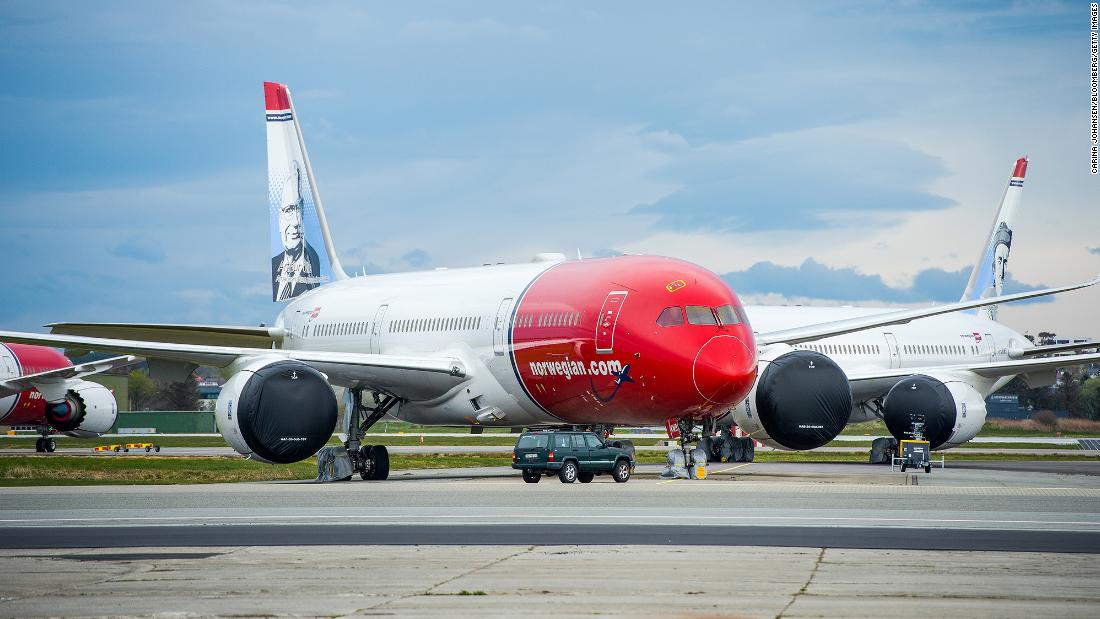Norwegian Air has filed for bankruptcy

The budget carrier said in a statement on Wednesday that it has decided to file for examinership in Ireland, which is where its aircraft assets are held. Examinership allows companies to seek a court’s protection from creditors for up to 100 days, and is the rough equivalent of Chapter 11 bankruptcy in the United States.”The purpose of the process is to reduce debt, rightsize the fleet and secure new capital,” Norwegian Air said. The process is expected to take up to five months, it added.”Seeking protection to reorganize under Irish law is a decision that we have taken to secure the future of Norwegian for the benefit of our employees, customers and investors,” CEO Jacob Schram said. “Our aim is to find solutions with our stakeholders that will allow us to emerge as a financially stronger and secure airline.”Norwegian Air was founded in 1993 and began a rapid expansion nearly a decade ago, seeking to apply the business model pioneered by Ryanair in Europe and Southwest in the United States to transatlantic flights. But the aggressive strategy left it with huge debts, and little room to maneuver when things went wrong.Norwegian Air said on Wednesday that it will continue to operate its route network, which has been severely limited as a result of the coronavirus, and its shares will trade as normal on the Oslo Stock Exchange. The stock has lost more than 98% of its value this year.The carrier warned last week that it would need additional cash to continue operating through the first quarter of next year and beyond. It received a state-backed loan of 3 billion Norwegian Krone ($288.7 million) in May, but the country’s government has ruled out providing more financial assistance — a decision Schram described as “a slap in the face.”The airline carried just 1 million passengers in the third quarter, compared to 10.5 million during the same period last year. Its quarterly operating loss amounted to 2.8 billion Krone ($310 million), while cash and cash equivalents had dwindled to just 3.4 billion Krone ($376 million) at the end of September.— Charles Riley contributed to this report.




